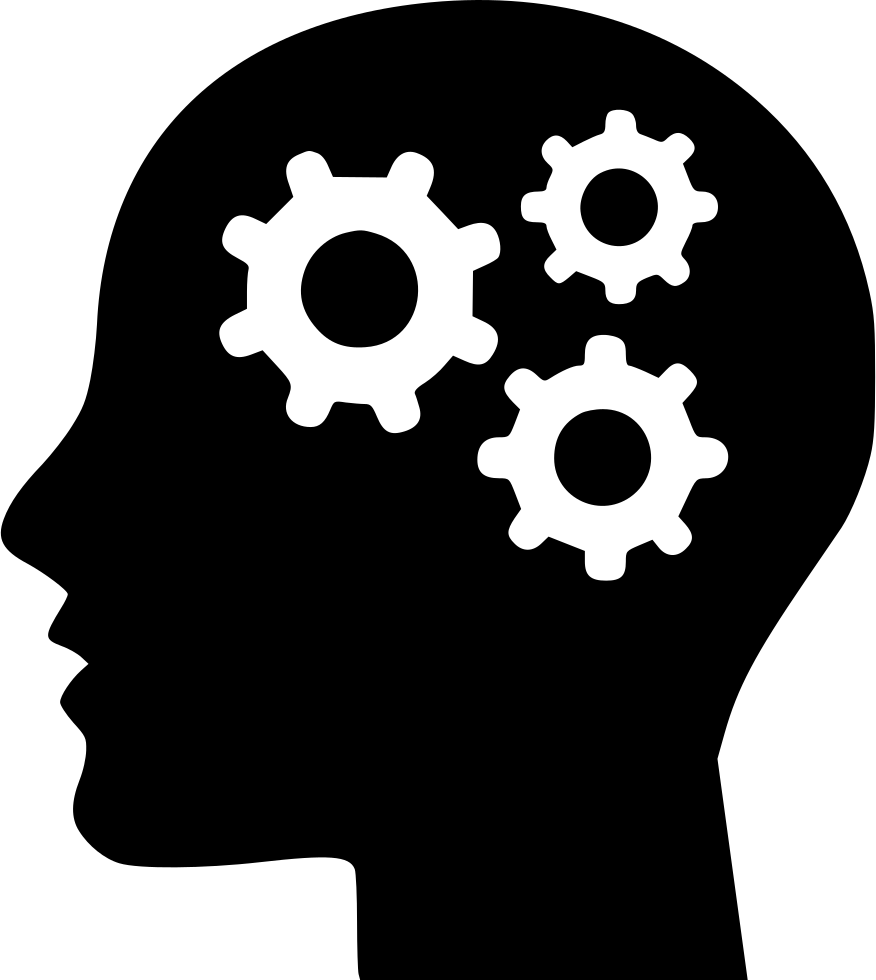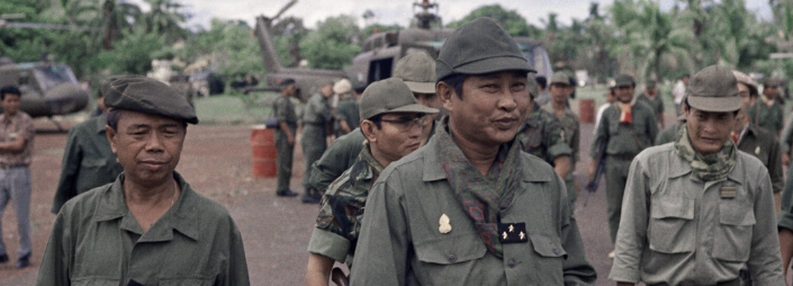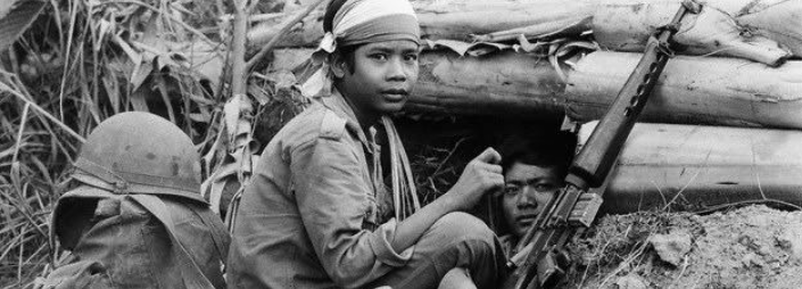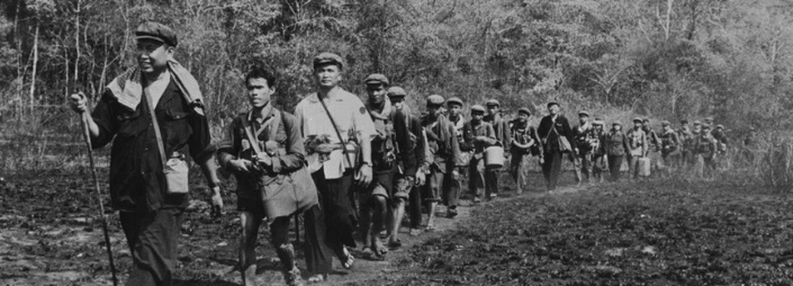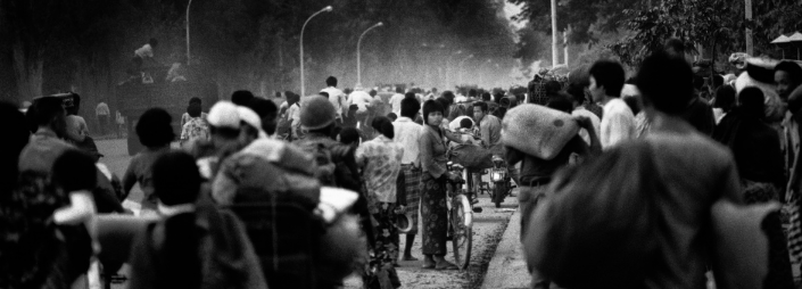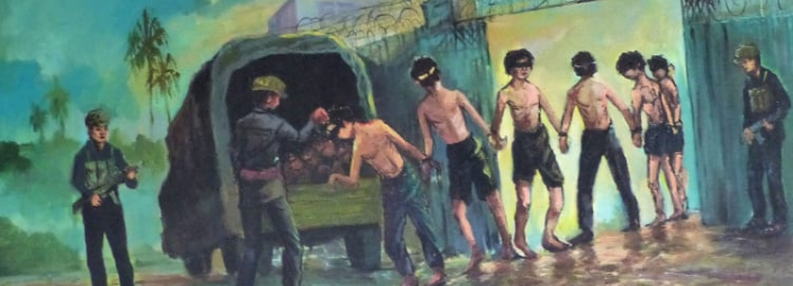Unit Outline
Perhaps more than any other nation, Cambodia was torn about by Cold War tensions, which exacerbated conflict within society and the region. The unit examines how the Cambodian Civil War was fought, and the impact of the victorious Khmer Rouge regime. The Cambodian Civil War was fought between the forces of the Communist Party of Kampuchea (known as the Khmer Rouge, supported by North Vietnam and the Viet Cong) against the government forces of the Kingdom of Cambodia and, after October 1970, the Khmer Republic, which had succeeded the kingdom (both supported by the United States (U.S.) and South Vietnam).
After five years of savage fighting, the Republican government was defeated on 17 April 1975 when the victorious Khmer Rouge proclaimed the establishment of Democratic Kampuchea. The war caused a refugee crisis in Cambodia with two million people—more than 25 percent of the population—displaced from rural areas into the cities, especially Phnom Penh which grew from about 600,000 in 1970 to an estimated population of nearly 2 million by 1975. The Cambodian civil war was also infamous for leading to the Cambodian genocide, one of the bloodiest in history.
The Civil War in Cambodia is thus a clear example of how Cold War tensions shaped and tore apart smaller states in contested regions. A victim of geography as much as anything else, Cambodia suffered more than any other state. The statement of inquiry for this unit therefore explores:
After five years of savage fighting, the Republican government was defeated on 17 April 1975 when the victorious Khmer Rouge proclaimed the establishment of Democratic Kampuchea. The war caused a refugee crisis in Cambodia with two million people—more than 25 percent of the population—displaced from rural areas into the cities, especially Phnom Penh which grew from about 600,000 in 1970 to an estimated population of nearly 2 million by 1975. The Cambodian civil war was also infamous for leading to the Cambodian genocide, one of the bloodiest in history.
The Civil War in Cambodia is thus a clear example of how Cold War tensions shaped and tore apart smaller states in contested regions. A victim of geography as much as anything else, Cambodia suffered more than any other state. The statement of inquiry for this unit therefore explores:
|
STATEMENT OF INQUIRY
Global conflicts like the Cold War can shape and change the development of smaller nations through the spread of revolutionary ideas
GLOBAL CONTEXT
Fairness and Development (Imagining a hopeful future) - Students will explore rights and responsibilities; the relationship between communities; sharing finite resources with other people and with other living things; access to equal opportunities; peace and conflict resolution.
KEY HISTORY CONCEPT
Innovation and Revolution - Innovation incorporates the understanding of processes that drive change and invention. In history, this concept looks at the process of generating new ideas, events, movements, products or solutions through the alteration, transformation, reorganization, restructuring, rearrangement, or renovation of existing ideas, events, movements, products or solutions. Innovation involves individuals and societies because they use their capacity to create, contrive and initiate a capacity that can lead to both positive and negative consequences in the short term and the long term.
RELATED HISTORY CONCEPTS
Change - The study of history involves investigation of the extent to which people and events bring about change. Discussion of the concept of change can encourage sophisticated discussions such as encouraging students to think about, and look for, change where some claim none exists, or using evidence to challenge orthodox theories and assumptions about people and events that it is claimed led to significant change. Students’ questions and judgments about historical change should be based on deep understanding of content and on comparison of the situation before and after the events under examination.
|

